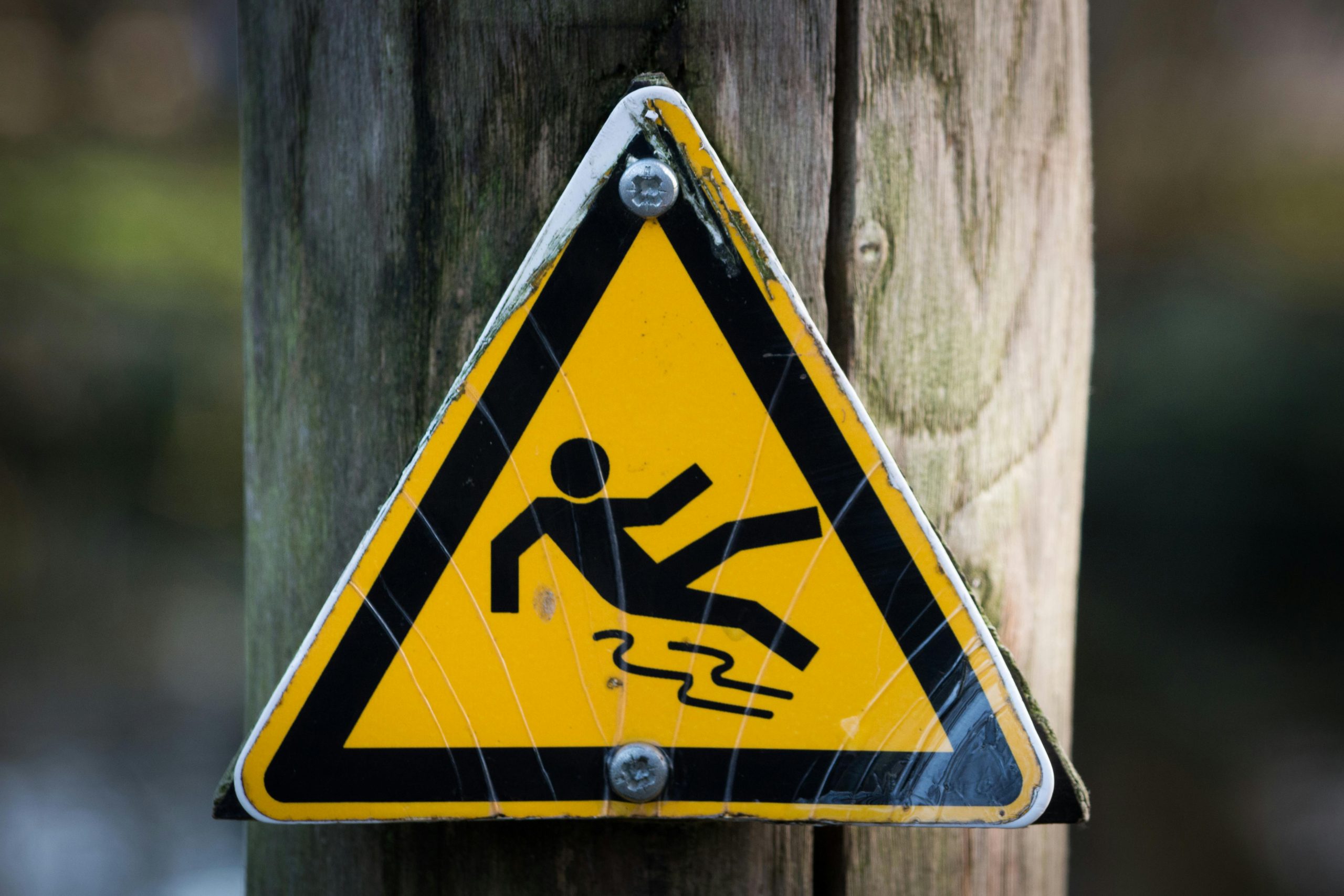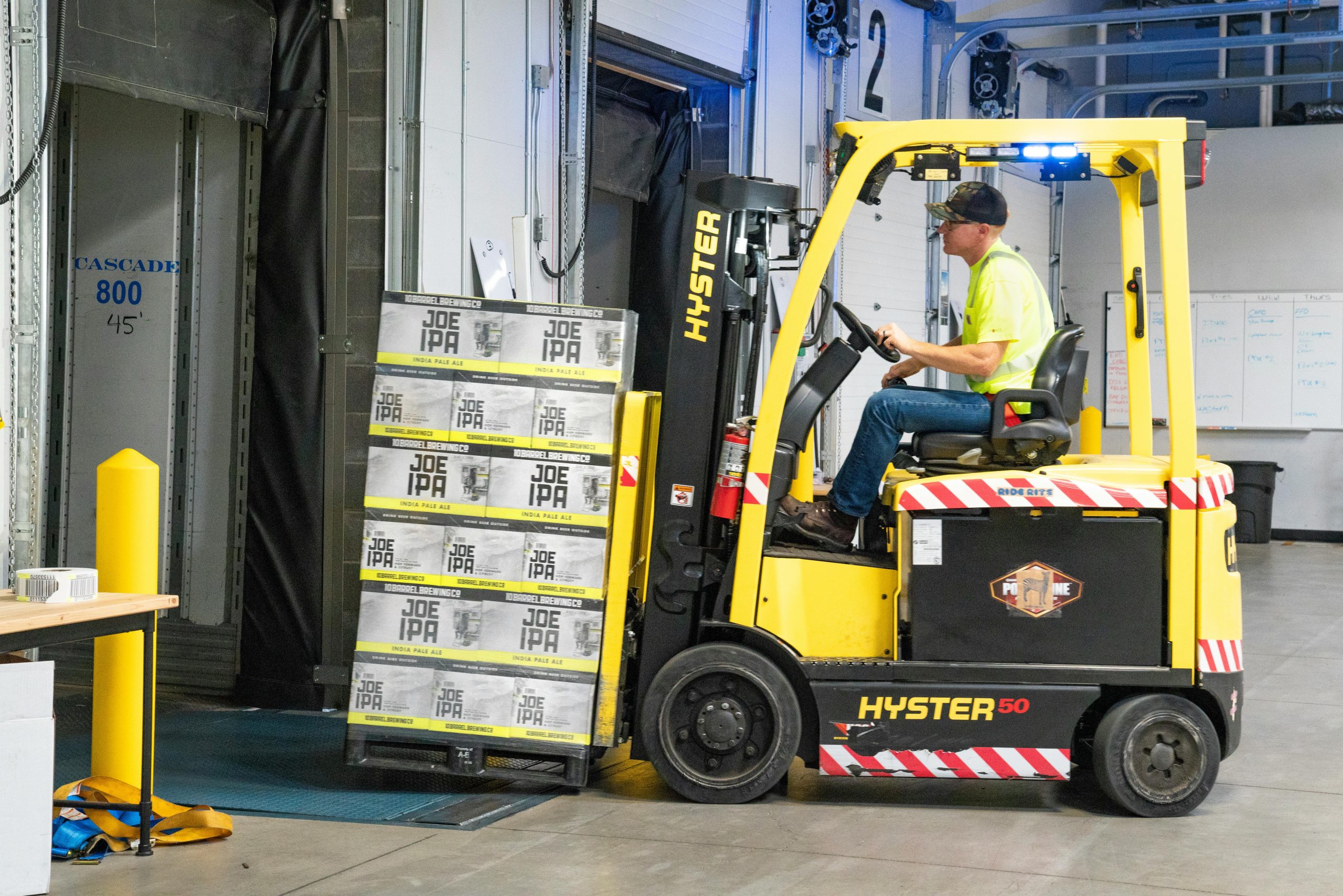 In a victory for injured workers in Louisiana, the Court of Appeal for the Fourth Circuit recently upheld a decision granting Lorae Burnett the right to shoulder surgery following a work-related motor vehicle accident. The case, Burnett v. Full Force Staffing, LLC, & LUBA Casualty Insurance Company, centered on interpreting the state’s Medical Treatment Guidelines and whether the recommended surgery was medically necessary and appropriate.
In a victory for injured workers in Louisiana, the Court of Appeal for the Fourth Circuit recently upheld a decision granting Lorae Burnett the right to shoulder surgery following a work-related motor vehicle accident. The case, Burnett v. Full Force Staffing, LLC, & LUBA Casualty Insurance Company, centered on interpreting the state’s Medical Treatment Guidelines and whether the recommended surgery was medically necessary and appropriate.
Background of the Case:
Mr. Burnett, an employee of Full Force Staffing, was injured in a motor vehicle accident while on the job. He sought workers’ compensation benefits for various injuries, including significant pain in his right shoulder. After receiving conservative treatment that failed to alleviate his pain, Mr. Burnett’s orthopedic shoulder specialist, Dr. Savoie, recommended surgery.
 Insurance Dispute Lawyer Blog
Insurance Dispute Lawyer Blog


 In a decisive move highlighting the importance of procedural adherence in workers’ compensation cases, the Louisiana Court of Appeal, Fourth Circuit, dismissed an appeal because the appellants failed to post a required appeal bond.
In a decisive move highlighting the importance of procedural adherence in workers’ compensation cases, the Louisiana Court of Appeal, Fourth Circuit, dismissed an appeal because the appellants failed to post a required appeal bond. Navigating the complexities of
Navigating the complexities of  In the realm of workers’ compensation, ensuring injured employees receive necessary medical treatment can sometimes be a battle. A recent Louisiana Court of Appeal decision, Deubler v. Bogalusa City Schools, highlights the complexities surrounding the Louisiana Medical Treatment Guidelines and the process of obtaining authorization for treatment. This case serves as a reminder of the importance of adhering to these guidelines while also recognizing the need for flexibility when circumstances warrant it.
In the realm of workers’ compensation, ensuring injured employees receive necessary medical treatment can sometimes be a battle. A recent Louisiana Court of Appeal decision, Deubler v. Bogalusa City Schools, highlights the complexities surrounding the Louisiana Medical Treatment Guidelines and the process of obtaining authorization for treatment. This case serves as a reminder of the importance of adhering to these guidelines while also recognizing the need for flexibility when circumstances warrant it. A recent decision by the
A recent decision by the  The Louisiana Court of Appeal recently reversed a decision of the Civil Service Commission (CSC) that upheld the termination of a public employee for gambling while off-duty. The case involving Carnell Collier, a Quality Assurance and Safety Inspector for the Sewerage and Water Board of New Orleans (
The Louisiana Court of Appeal recently reversed a decision of the Civil Service Commission (CSC) that upheld the termination of a public employee for gambling while off-duty. The case involving Carnell Collier, a Quality Assurance and Safety Inspector for the Sewerage and Water Board of New Orleans ( Leotis Johnson, an employee of the
Leotis Johnson, an employee of the We’ve all heard the phrase “slip and fall,” often in a comedic context. However, slip-and-fall accidents can result in severe injuries and legal battles. The recent case of
We’ve all heard the phrase “slip and fall,” often in a comedic context. However, slip-and-fall accidents can result in severe injuries and legal battles. The recent case of  Injuries that occur while an individual is working can devastate the injured party’s life in several ways. Not only does the injured party likely earn less money due to the injury, but other damages, such as medical expenses and loss of enjoyment of life, may also result.
Injuries that occur while an individual is working can devastate the injured party’s life in several ways. Not only does the injured party likely earn less money due to the injury, but other damages, such as medical expenses and loss of enjoyment of life, may also result. David Cox delivered four pallets of shirk-wrapped material for his employer, Southwestern Motor Transport, in June 2012. The delivery location was the Baker Distributing Company warehouse in Shreveport, Louisiana. Baker’s delivery dock did not have a dock plate. A dock plate is a metal bridge connecting a truck’s back to the loading dock. There is an empty space between the back of the truck and the loading dock without a dock plate. In addition, Cox found that the loading dock was cluttered with several objects. Due to this clutter, Cox could not use a forklift to unload the truck.
David Cox delivered four pallets of shirk-wrapped material for his employer, Southwestern Motor Transport, in June 2012. The delivery location was the Baker Distributing Company warehouse in Shreveport, Louisiana. Baker’s delivery dock did not have a dock plate. A dock plate is a metal bridge connecting a truck’s back to the loading dock. There is an empty space between the back of the truck and the loading dock without a dock plate. In addition, Cox found that the loading dock was cluttered with several objects. Due to this clutter, Cox could not use a forklift to unload the truck.